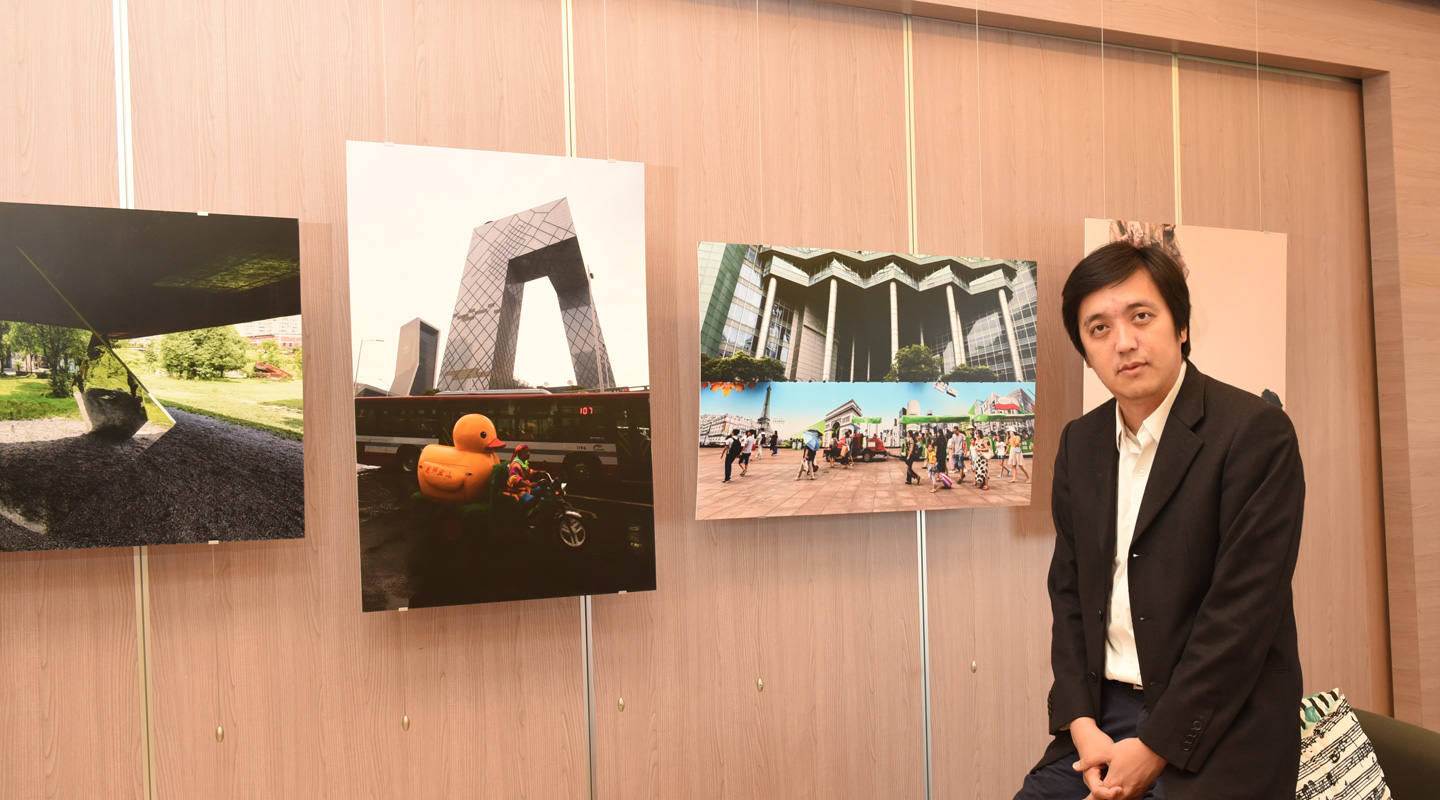Prof. Francis Lee as a Director

Prof. Francis Lee
You have been in office as director for a year. What’s different from your teaching and research before?
A director needs to take up administrative tasks, including management and planning, which are different from teaching and research. As a researcher, I conduct research of my interest in a particular field. As a teacher, I focus on the subject I teach. As a director, I should have a comprehensive view and coordinate different subjects and development plans. Take the media law as an example. The subject traditionally focused on defamation, contempt of court, etc. However, nowadays some students may want to work in advertising or creative media. Copyright seems more relevant to them. If the 13 lectures are not enough to cover all the contents, we may consider offering an elective course in addition to the core one. This is a decision beyond a teacher, but something a director can take to coordinate among subjects and satisfy the needs of different students.
Another duty as director is to adjudicate news awards, such as the Chinese University Journalism Award, the Hong Kong News Awards organized by the Newspaper Society of Hong Kong, and Asia Media Awards by World Association of Newspapers and News Publishers.
What are the challenges and the pleasures as director?
The world is changing rapidly, and the media industry, too. The University has to respond to those changes. It is often said that the media industry in Hong Kong and even other parts of the world has declined. I would rather say that the industry is transforming. While some printed media suffer losses and cut jobs, some online media and niche media are growing. The job requirements are different from the past. The news media used to look at language proficiency first, and later the ability to shoot and edit videos. Now infographics is a required skill. We should keep up with the developing trends instead of sitting in the ivory tower.
The communication industry is a diversified community consisting of news production, advertising and creative media. Such diversity creates complexity. Our School’s long history means that many senior practitioners in the industry are our alumni. They have significant influence on the society. We need to maintain the network with them.
I am grateful that the administrative staff are professional and helpful while the relationship among the teaching staff is harmonious. As a team, we have developed an excellent rapport.
What is the direction of the School’s future development?
The communication industry is becoming boundary-less. News reporting, advertising, public relations and creative media share many things in common now. We have to take this into account when making development plans. Second, in traditional practice, after the newspapers were printed, the distributors would deliver them to the newsstands and convenience stores where readers bought them. The reporters and editors were not involved in distribution. However, the newsrooms nowadays are responsible for distribution as well. They need to think about when the news contents should be uploaded and updated, and how the news are promoted. As such, we may include the element of distribution in the curriculum.
You teach and research, carry out director’s duties, publish and write columns for the media. How do you allocate your time?
Multi-tasking is inevitable but the tasks could be prioritized. I wrote two column articles on the Legislative Council by-election not long ago. But the School’s tasks of course come first. I enjoy teaching as the students’ responses and feedback give me satisfaction. The director’s tasks are very important, too. The allocation of resources can facilitate our colleagues’ research, and designing and modifying the curriculums can help the School respond to changes. All these would have a critical impact on the School or even the University.
How should the students prepare themselves for a career in communication?
Those who want to work in the communication industry should be eager to try out new things, keep learning and be adaptive. Besides, be curious. They should keep themselves informed.
This article was originally published in No. 516, Newsletter in Apr 2018.

